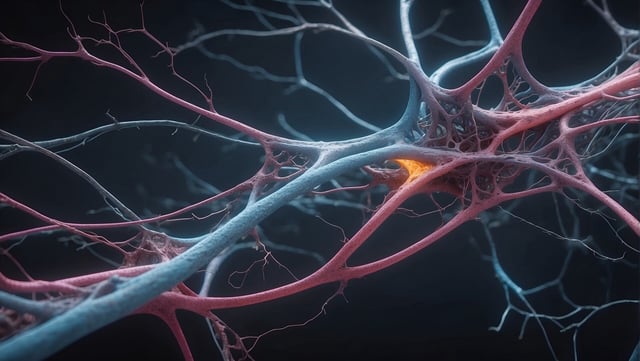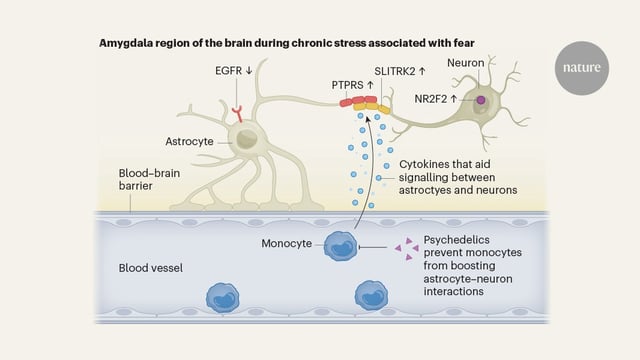Overview
- Scientists have identified that immune cells amplify stress-induced fear by interacting with neurons in the amygdala, the brain's fear center.
- Preclinical studies in mice reveal that psychedelics like MDMA and psilocybin prevent inflammatory immune cells from accumulating in the brain meninges, reducing fear behaviors.
- Human gene-expression data suggest similar immune-brain interactions are linked to major depressive disorder, offering a potential target for new treatments.
- Researchers emphasize the ability of psychedelics to modulate neuroimmune pathways, potentially reducing inflammation and resetting brain-immune communication.
- Clinical trials are now being launched to investigate the long-term efficacy and mechanisms of psychedelic treatments in patients with depression and inflammatory conditions.

